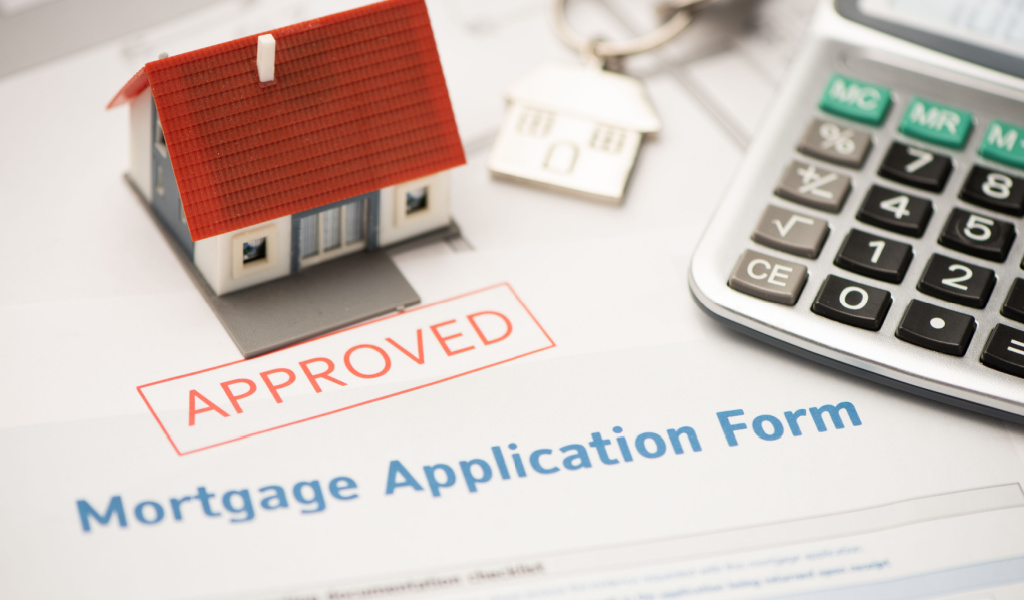One of the most expensive financial transactions most people undertake is buying a home, and the majority of them do so with the help of a mortgage. However, since the expenses and commitment of signing a mortgage are pretty significant, it’s wise to try and negotiate the best deal to reduce your mortgage rate. Mortgages are a complex type of loan, so many people find it challenging to understand where to start.
In this article, we take a quick look at some ways in which you can get the best deal on your mortgage.

Shop for The Best Rates
There is no denying that a mortgage is a substantial financial commitment, so you owe it to yourself to shop around for the best deal. Your bank is a good starting point. National banks, regional banks, mortgage bankers, and local credit unions offer loan products that vary in rates and fees. You can also get the assistance and advice of an independent mortgage broker, but the key here is to find one who offers guidance based on the entire market instead of a limited selection of lenders.
Take the time to compare your choices and research them well. Because loan rates are subject to change, get in touch with different lenders on the same day to make accurate comparisons.
Improve Your Credit Score
Your credit score and report are important considerations for getting a good mortgage deal. This is because lenders will assess this information to gauge the risk you pose as a borrower. Having a lower credit score is an indicator of a greater probability of defaulting on mortgage payments. As a result, lenders are likely to charge a higher interest rate to mitigate this risk. Conversely, a high credit score indicates that the borrower will likely pay their debts on time, so lenders will offer a better rate.
If you wish to improve your credit score, review your credit report and see if you have any outstanding balances. Be sure to pay those and continue making timely payments. At the same time, you should correct any mistakes on your credit report because this can adversely affect your score.
Pay a Large Deposit
Pay the largest deposit you can afford because this means you need to borrow less. Your lender will also not see you as a credit risk; therefore, you can get a lower interest rate. Generally, lenders will offer the best deal to those who pay 40% or higher in deposit.
In simple terms, making a larger deposit will mean that you need to repay less principal and less interest over the life of the loan.
Keep an Eye Out for Fees
The interest rate has a significant impact on monthly repayments and the cost of the mortgage. Since mortgages come with many fees, it’s a good idea to have a basic understanding of three fees to look out for:
- Arrangement fees: This is what you will pay to the lender to cover the administrative cost of your mortgage. A rule of thumb is that paying a higher arrangement instead of a lower interest rate is the way forward if you have a huge mortgage.
- Overpayment fees: Overpaying the mortgage can save money in interest while assisting in repaying your mortgage quickly.
- Early repayment fees: When you pay off your mortgage early, the lender loses out, so this fee is meant to dissuade borrowers from doing so.
Choose the Loan Term with Care
Short-term loans are a less risky option, and this has lower mortgage rates too. The trade-off is larger monthly payments, but it also means that you will be paying off the principal in a shorter span of time. On the other hand, long-term loans allow you to spread payments over a longer time, with lower monthly payments and higher interest rates.
Both types of loans have their share of pros and cons. Short-term loans will save money in the long run, while long-term loans will give you more monthly disposable income. However, short-term loans are a good choice if you’re looking for low mortgage interest rates.
Keep Your Options Open
Most people believe that once they’ve picked a lender for their mortgage, they’re stuck with them until the loan is paid off. However, this is not the case. You can actually secure a better deal by refinancing your mortgage somewhere down the line.
This isn’t typically considered the smartest option in all cases since the cost can outweigh the benefits, particularly if you’re early on in your term or close to settling your debt. The best time to do this is when the term on your fixed-rate mortgage is close to expiring, and when this happens, your mortgage changes to a standard variable rate. This is often higher than what you could get if you refinance. Remember that remortgaging smartly also depends on what fees apply. Choose a mortgage with a low early repayment fee initially because it will be easier and cheaper to switch.
Bottom Line
Mortgages can be complicated to understand, but when you focus on the aspects open for negotiation, you can ensure you pay the appropriate amount. A good idea is to get a mortgage broker to help you find the best deal. Since they’re experts in the business, they are more efficient in doing the sums for you and showing you a clear picture of the most cost-effective option. An independent mortgage broker is an even better option because they tend to have access to the entire market, so they can hunt for the most lucrative deals to suit your situation.




